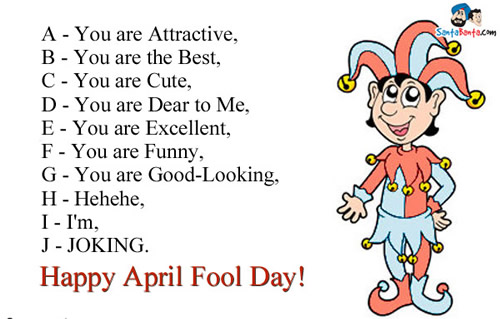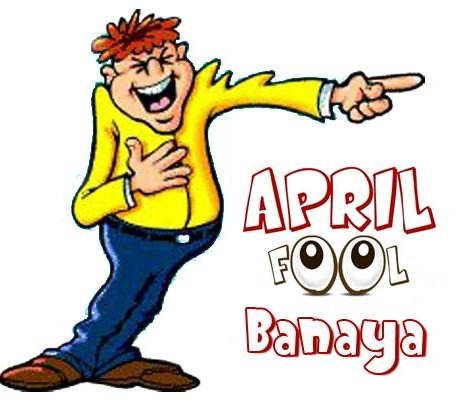
The what of April Fools’ Day is pretty clear: in the U.S. at least, Friday will be a time for pranks—for better or for worse. But the why is a mystery. Though many holidays have cloudy origins, the history of April Fools’ Day is particularly blurry, as there are several competing claims for the invention. Some see the holiday’s sources in a storybook, while others consider it an evolution of the general rejoicing of springtime.
One possible precedent is in the Greco-Roman festival called Hilaria, which was celebrated on March 25. The festival honored Cybele, an ancient Greek Mother of Gods, and its celebrations included parades, masquerades and jokes to celebrate the first day after the vernal equinox.
“Traditionally, the vernal equinox was thought of as the beginning of the year in the Julian calendar,” notes Simon J. Bronner, a professor of American Studies and Folklore at Penn State.

In the 16th century, the Christian world switched from the Julian calendar, which was introduced by Julius Caesar, to the Gregorian calendar named for Pope Gregory XIII. The change moved the New Year up to January 1. Some historians find another origin for April Fools in that switch, as those still using the Julian calendar were fooled by the new date. Meanwhile, others insist that the tradition of an April’s new year celebration simply evolved into a jocular time, which is how the pranks began.

Another origin story, which Bronner says is very controversial, is rooted in Geoffrey Chaucher’s 1392 book The Canterbury Tales.
“The controversy is over what Chaucer really wrote and whether there can be a direct link to April Fools’ Day,” he explains. “The line in question is ’32 March,’ which was thought to be a joke because there is no March 32, but there are some medievalists who claim it was a misprint.”
One idea about the holiday that’s not really a possibility is that it’s universal. While various cultures around the world do have celebrations around the same time, like the Hindu holiday Holi and the Jewish holiday Purim, the prank-centric nature of April Fools’ Day is particular to Europe and North America, Bronner says.
To Bronner, it’s interesting that the celebrations have taken such hold on culture, considering their murky origins.
“When I talk to students in folklore class,” he says, “[I tell them] that it seems to be part of a more general pattern of spring being a time of hilarity.”
Hi @zero333
Excellent article. I subscribed to your blog. I will follow your news.
I will be grateful if you subscribe to my blog @user2627
Good luck to you!
Downvoting a post can decrease pending rewards and make it less visible. Common reasons:
Submit
I subscribed to your blog , and followed your news , nice to meet you my new friend @user2627
Downvoting a post can decrease pending rewards and make it less visible. Common reasons:
Submit
Hi! I am a robot. I just upvoted you! I found similar content that readers might be interested in:
http://time.com/4276140/april-fools-day-history/
Downvoting a post can decrease pending rewards and make it less visible. Common reasons:
Submit